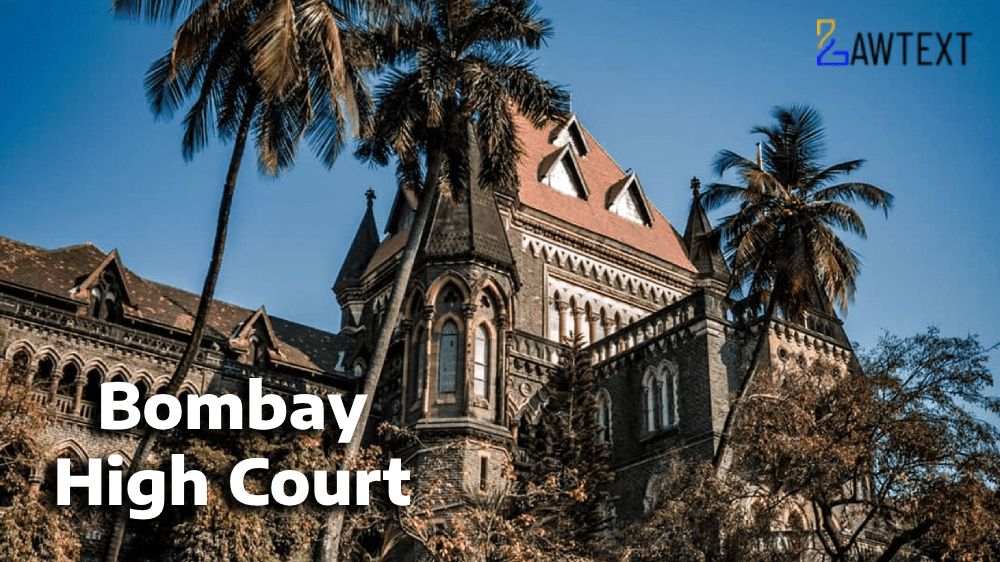Case Note & Summary
The High Court allowed the appeal filed by the appellants, overturning the order of the Special Tribunal, Nagpur, in Compensation Case No.126/2017. The Tribunal's decision to grant the entire compensation for Block No.241 to respondent No.2 was held incorrect, as the appellants were entitled to a 1/5th share as previously decreed by the Civil Court. The Court emphasized that the Revenue Authorities cannot override decisions made by Civil Courts. The Tribunal has now been directed to distribute the compensation equally among all parties, with respondent No.2 required to repay any withdrawn amount with 9% interest.
Background:The appellants and respondent No.2 are members of a Hindu joint family who were granted a 1/5th share each in the family property, including Block No.241 (Old Survey No.74), by a Civil Court in 1998, with the decision reaffirmed in 2008 by the First Appellate Court.
Dispute:Respondent No.2, bypassing the Civil Court's ruling, managed to secure the entire Block No.241 through an application to the Tahsildar, leading the appellants to challenge this decision before the Sub-Divisional Officer and later before the Special Tribunal, Nagpur. The Tribunal ruled in favor of respondent No.2, which the appellants challenged in this appeal.
Appellants' Argument:The appellants contended that the Civil Court's decree granting them a 1/5th share could not be overridden by Revenue Authorities. They argued that respondent No.2's claim to the entire Block No.241 was illegal and contrary to the decisions of both the Trial and Appellate Courts.
Respondent No.2's Argument:Respondent No.2 argued that the decision of the Revenue Authorities was legally valid and that the appellants had no claim over Block No.241.
Court's Observations and Findings:The Court observed that once a Civil Court has decided on the rights of parties, the Revenue Authorities do not have the power to override such a decision. The Special Tribunal erred in law by relying on the decision of the Revenue Authorities instead of the Civil Court. The Court concluded that the Tribunal’s order was unsustainable and illegal.
Order:The High Court quashed the Special Tribunal's order and directed the compensation for Block No.241 to be distributed equally among the appellants and respondent No.2, with respondent No.2 instructed to deposit the amount already withdrawn, along with 9% interest.
Compensatory Costs:Respondent No.2 was also ordered to pay Rs.10,000/- as compensatory costs to the appellants for having to file the appeal.
Acts and Sections Discussed:
Coal Bearing Areas (Acquisition and Development) Act, 1957: The Special Tribunal in Nagpur was constituted under Section 14(2) of this Act. Indian Evidence Act, 1872: Section 44 was referred to highlight the incompetency of the Revenue Authorities in going beyond the Civil Court's decree.Ratio:Once a Civil Court has determined the rights of parties concerning property, Revenue Authorities lack the power to alter those rights. Any subsequent decision by Revenue Authorities in contradiction to Civil Court decrees is null and void. In matters of partition, Revenue Authorities must adhere to the decree, and any distribution of compensation must align with the Court's ruling.
Subject:Property Partition, Civil Court Decree, Revenue Authority, Compensation Distribution, Special Tribunal
Issue of Consideration: Shri Ramprasad s/o Bhagvan Wankhede (Dead) through legal heirs & Ors. Versus The Manager (Mining), Project & Planning & Ors.
Premium Content
The Issue of Consideration is only available to subscribed members.
Subscribe Now to access critical case issues







